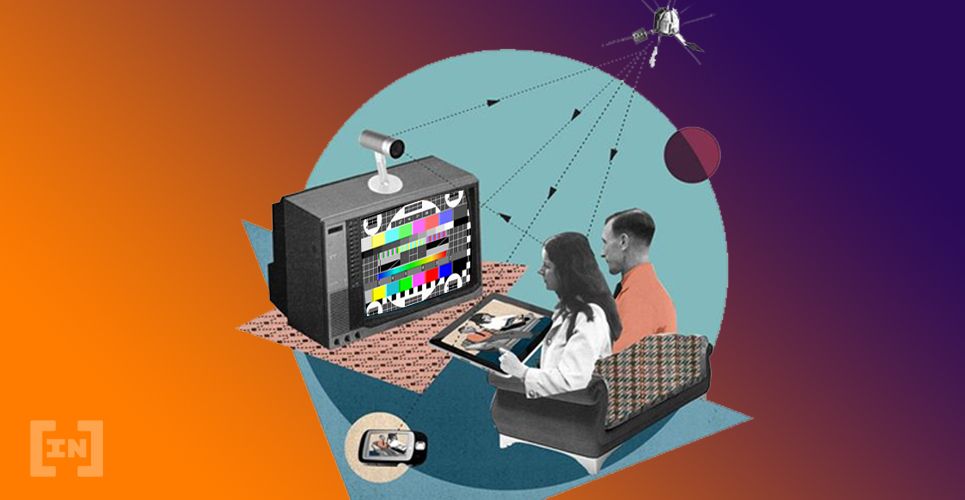Among countries that strictly police and control access to the internet, India doesn’t normally come up in the conversation.
Authoritarian governmental control and censorship of the internet have been increasing in countries like China and Iraq in the past few years.
Data analysis by Software Freedom Law Center has actually revealed India to be the world leader in internet shutdowns.
The Most Guilty
According to Slate, in 2017 alone, India accounted for about 70 percent of shutdowns globally and has recorded 300 shutdowns in the past six years. This fact is even more surprising considering that India is widely considered to be a democratic country. There can be many reasons that a government has for intentionally cutting off its citizens from accessing the internet—some legitimate, while others are more questionable. Rampant cheating on important exams to get into the best schools and receive certifications has been increasing in India. The government has been known to blackout the internet during some of these exam periods to prevent test-takers from cheating via a mobile device. Security is another big issue as the internet allows for easy contact and organization, but has also been abused by separatist groups and protestors in violent situations.
Cry for Decentralization
This information should come as no surprise considering that India has taken quite a hard line when it comes to digital currencies and blockchains. Governments are beginning to realize the disruptive potential that these instruments have as well as how hard they can be to control. For the time being, the Reserve Bank of India (RBI) has banned banks from providing service to accounts using funds dealing in virtual currencies. This meant the end of cryptocurrency exchanges operating within the country’s borders. It’s becoming increasingly more difficult for governments to suppress the internet as other decentralized alternatives are being developed. Regulators in India are yet to be persuaded to fully come on board and are actively working against something that could benefit the citizens and the government alike. Do you think India will continue to be the global leaders in internet shutdowns? Will people turn to blockchains and digital currencies to alleviate some of these problems? Let us know your thoughts in the comments below.Image courtesy of Shutterstock.
Top crypto projects in the US | April 2024
Trusted
Disclaimer
In adherence to the Trust Project guidelines, BeInCrypto is committed to unbiased, transparent reporting. This news article aims to provide accurate, timely information. However, readers are advised to verify facts independently and consult with a professional before making any decisions based on this content. Please note that our Terms and Conditions, Privacy Policy, and Disclaimers have been updated.

Kyle Baird
Kyle migrated from the East Coast USA to South-East Asia after graduating from Pennsylvania's East Stroudsburg University with a Bachelor of Science degree in 2010. Following in the footsteps of his grandfather, Kyle got his start buying stocks and precious metals in his teens. This sparked his interest in learning and writing about cryptocurrencies. He started as a copywriter for Bitcoinist in 2016 before taking on an editor's role at BeInCrypto at the beginning of 2018.
Kyle migrated from the East Coast USA to South-East Asia after graduating from Pennsylvania's East Stroudsburg University with a Bachelor of Science degree in 2010. Following in the footsteps of his grandfather, Kyle got his start buying stocks and precious metals in his teens. This sparked his interest in learning and writing about cryptocurrencies. He started as a copywriter for Bitcoinist in 2016 before taking on an editor's role at BeInCrypto at the beginning of 2018.
READ FULL BIO
Sponsored
Sponsored
